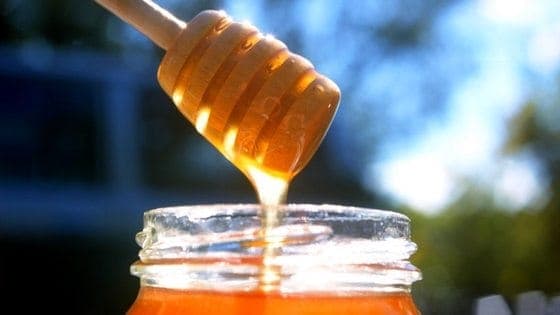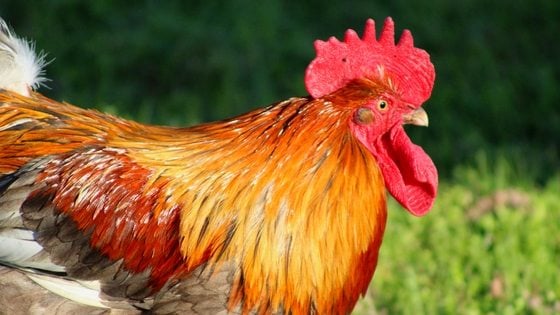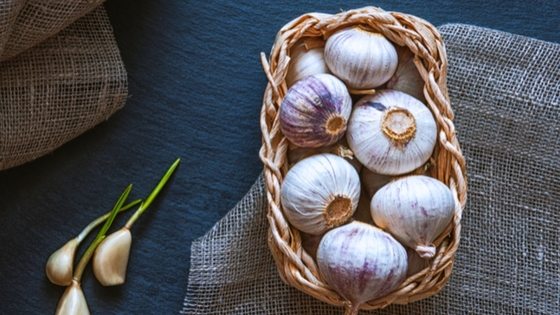I’m no bee expert, and I’m certainly not an expert in overwintering honey bees.
But bees are a growing interest of mine – and having a bee-keeping mentor is really, really important to having success with our honey making friends
So, I invited my friend Jessica from the Faithful Farm Wife to educate us about overwintering honey bees!
Take it away, Jessica!
5 Things You Need to Know About Overwintering Honeybees
There are 5 crucial things that you need to know before overwintering honeybees.
Honeybees are unique and special insects. They provide food for themselves and for us, they are necessary for most plant growth, and an entire colony can survive a winter together whereas other insects, like wasps, all die except the queen.
In order for the colony to survive in the winter, they have to be prepared. If the colony is in one of your hives, then it is up to you to make sure that they are ready for the cold season.
There are 5 crucial things that you need to know before overwintering honeybees.
1. How to Feed Honeybees
It isn’t necessary to feed bees in the spring, summer, and fall if there are plenty of flowers, trees, etc in bloom for them to collect pollen & nectar from.
However, it is a good idea to start feeding in the fall to help the bees make more honey without expending too much extra energy. Feeding should continue as needed throughout the winter. There are several different ways that you can feed your bees:
- Sugar Water– This would need to be fed before winter because the bees won’t accept liquid food when it is cold. Let them have it while the weather is still warm so they can stock up on their honey stores.
- Pollen Patties
- Sugar Cakes
- Grease Patties– This food source doubles as mite control!
2. How Much Honey to Leave in the Hive
The amount of honey needed throughout the winter is something that varies from region to region. Consider where you live, the length of winter, and the extreme low temperatures when you are extracting honey.
Keep records of how much honey you extract each season to determine which hives are the most efficient.
Good rule of thumb:
- Warmer states (southern U.S) ~ 40 lbs
- Colder states (northern U.S) ~80 lbs
- Happy Medium states ~ 60 lbs.
3. How to Ensure Your Hive is Strong Before Cold Weather Hits
You should be checking your hives periodically throughout the spring, summer, and fall months for parasites and any other issues that might wipe out or weaken a colony. You should also check that the bees are filling the brood box and that the honeycombs are filling properly.
What to check for:
- Hive Beetles
- Varroa & Tracheal Mites
- Wax Moth
- Overcrowding
- Sufficient Honey Production
- Slowed Brood Production
4. How to Weatherproof Your Hives
- Coat the outside of the hive with Tung Oil to repel water…This is not necessary if the hive is painted.
- Add entrance reducers to reduce the amount of cold air that can enter the hive.
- Install a Mouse Guard. Bees are busy trying to stay warm in the winter so they can’t guard the entrance well. A mouse guard can do this job for them.
- Close screened bottom boards or switch to solid bottom boards.
- Add a Quilt Box to minimize moisture in the hive.
- If you are in a very cold climate, you might want to wrap your hive in tar paper or a wool wrap.
5. How to Determine Whether or Not a Hive Box Needs to be Opened
The inside of the hive should be about 90 degrees F. The bees do a good job of maintaining this temperature by vibrating their wings rapidly to create heat.
When you open the hive, you break the propolis seal that the bees created to keep the cold air out and they have to expend extra energy to warm the hive back up.
- Do not open the hive when the temperature is 55 degrees or below if there is no obvious issue.
- If the bees are starving or you notice dead bees, open the hive to diagnose, feed, and/or treat them, but do this quickly.
Maat van Uitert is a backyard chicken and sustainable living expert. She is also the author of Chickens: Naturally Raising A Sustainable Flock, which was a best seller in it’s Amazon category. Maat has been featured on NBC, CBS, AOL Finance, Community Chickens, the Huffington Post, Chickens magazine, Backyard Poultry, and Countryside Magazine. She lives on her farm in Southeast Missouri with her husband, two children, and about a million chickens and ducks. You can follow Maat on Facebook here and Instagram here.






